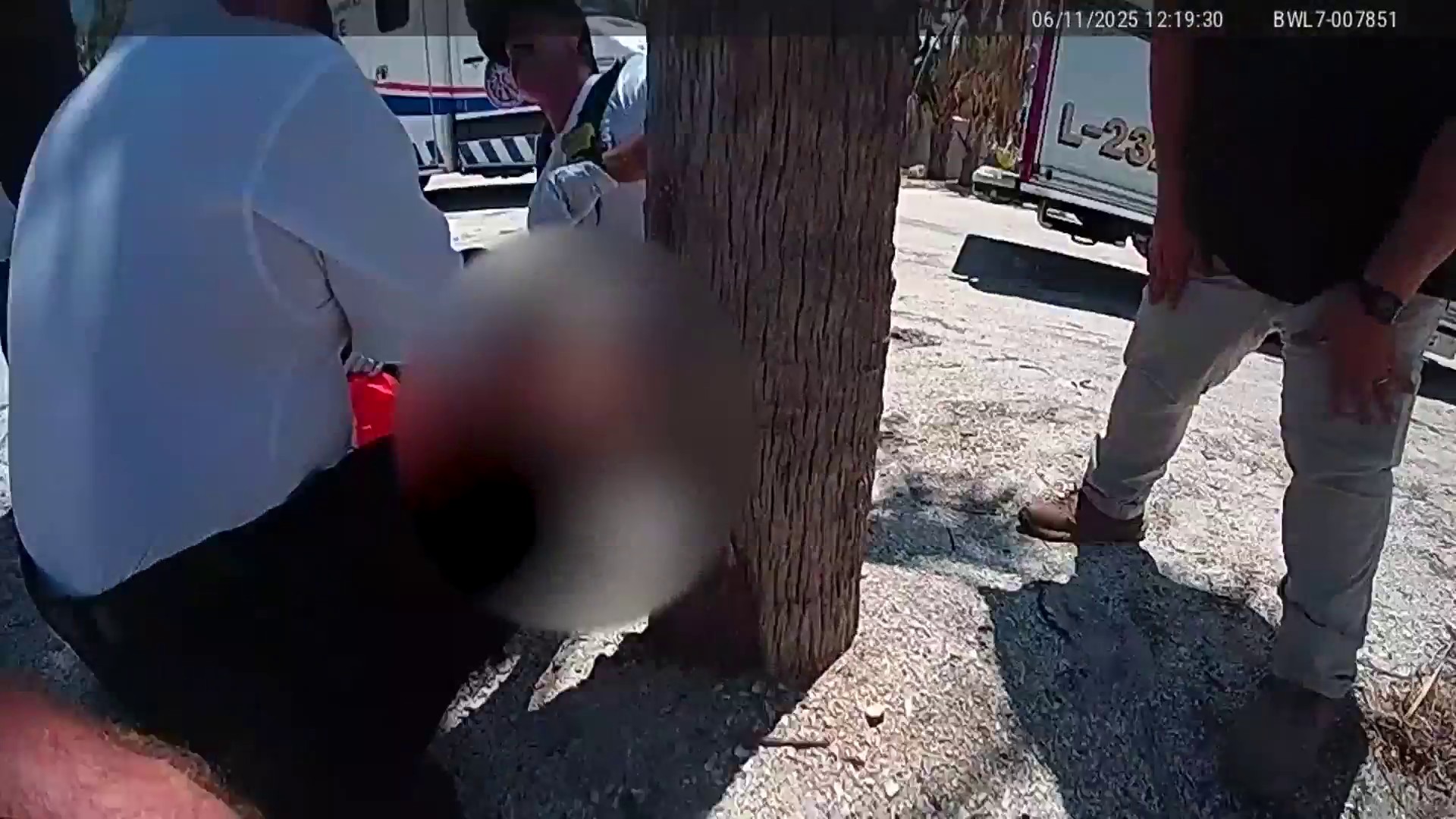A temporary rule making it easier to catch lionfish in Florida waters will soon be permanent.
The Florida Fish and Wildlife Conservation Commission on Wednesday adopted changes that will waive the recreational license requirement for divers harvesting lionfish using pole spears, handheld nets, Hawaiian slings or other devices specifically designed for catching lionfish. The new rule also excludes lionfish from the commercial and recreational bag limits, allowing people to take as many of the invasive fish as they can.
The FWC put a temporary rule in place last August. The newly adopted rule will take effect before the temporary rule expires, so there will be no lapse in the expanded permissions.
Before the change, recreational anglers could not catch more than 100 pounds of lionfish without a commercial license.
Lionfish have no natural reef predators and compete for food and habitat against domestic species. The fish belong in the Indian and Pacific oceans.
According to wildlife officials, lionfish off the southeast United States, Bahamas and the Caribbean harm indigenous fish because they eat important juvenile reef species, such as grouper and snapper.
Spearing or using hand-held nets are the most effective method of removing lionfish from Florida waters.
Local
Lionfish have venomous spines but they are edible. When properly cleaned, lionfish yield a white meat that is considered a delicacy.



